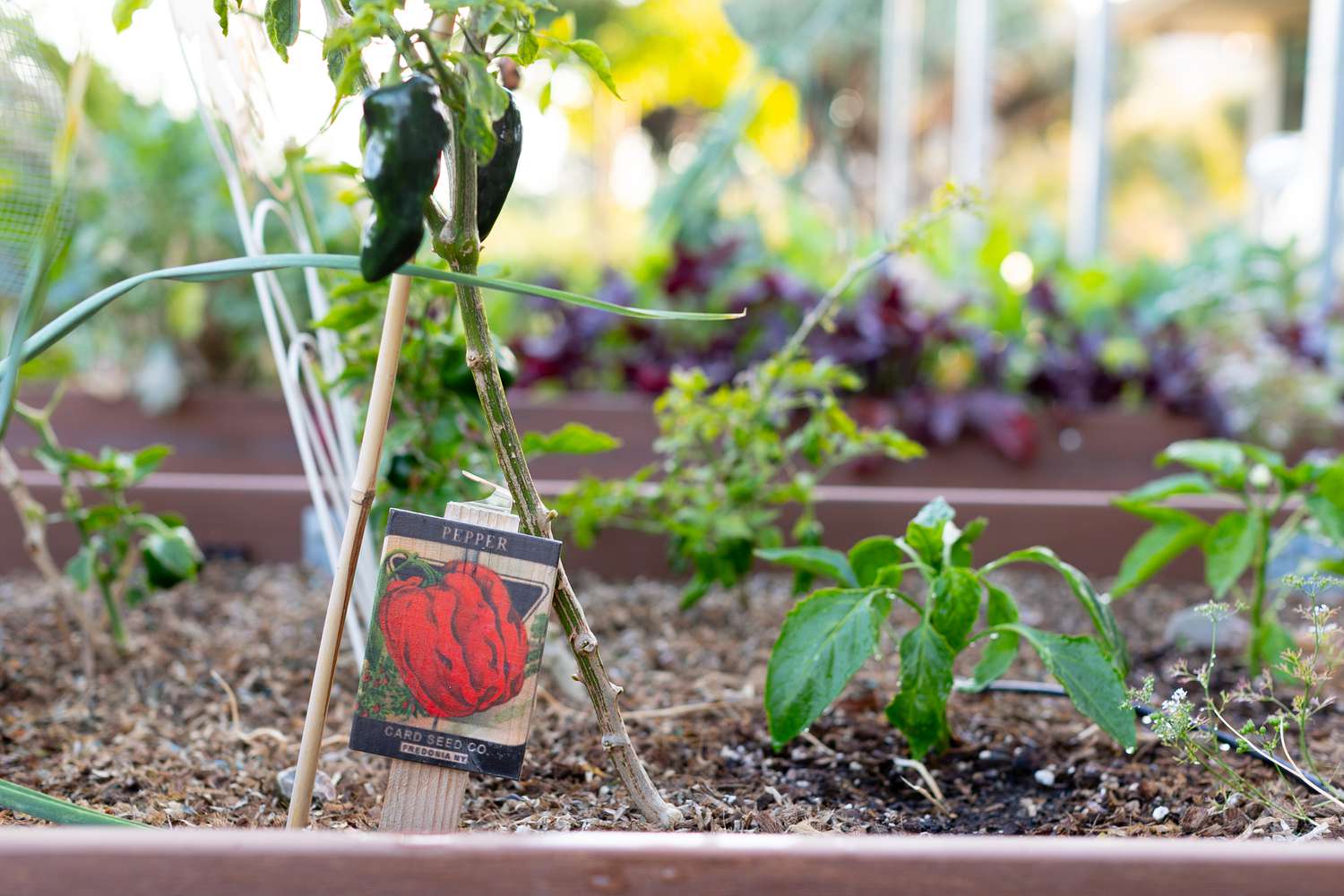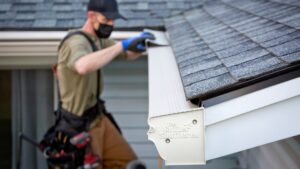Gardening organically is all about working with nature, not against it. But let’s be honest, dealing with pests in an organic garden can feel like fighting a losing battle sometimes. Don’t worry! With the right strategies, you can keep those pesky invaders at bay without resorting to harsh chemicals. Let’s explore some fun and effective ways to manage pests organically, ensuring your garden stays healthy and vibrant.
Know Your Pests
The first step in tackling garden pests is knowing what you’re up against. Regularly inspect your plants for signs of trouble. Look for chewed leaves, discolored spots, or stunted growth. Identifying the culprit is key to choosing the right control method. Common garden pests include aphids, slugs, snails, and caterpillars. A good garden journal can help you track what pests are appearing and when, making it easier to plan your defenses.
Encourage Beneficial Insects
Not all bugs are bad! Many insects, like ladybugs, lacewings, and predatory beetles, are natural predators of garden pests. Encourage these helpful critters to take up residence in your garden by planting a variety of flowers and herbs that attract them. Marigolds, dill, fennel, and yarrow are great choices. You can also purchase beneficial insects from garden centers to give your garden a boost.
Companion Planting
Companion planting is a fantastic way to keep pests at bay naturally. Some plants have properties that repel certain pests, while others attract beneficial insects. For example, planting basil near tomatoes can help deter aphids and tomato hornworms. Nasturtiums can lure aphids away from more valuable plants. Mixing different types of plants together can create a more resilient garden ecosystem.
DIY Organic Sprays
Sometimes, a little extra help is needed to keep pests under control. Organic sprays made from household ingredients can be surprisingly effective. A mixture of water, a few drops of dish soap, and a teaspoon of neem oil can help control aphids and other soft-bodied insects. Garlic and chili pepper sprays are also great for deterring pests. Remember to test any homemade spray on a small section of the plant first to ensure it doesn’t cause damage.
Handpicking
For those who don’t mind getting up close and personal with garden pests, handpicking can be an effective method. Early in the morning or late in the evening, when pests are less active, take a stroll through your garden and remove any visible pests by hand. Drop them into a bucket of soapy water to dispose of them. This method works well for larger pests like caterpillars, beetles, and slugs.
Barriers and Traps
Physical barriers and traps can help protect your plants without the need for chemicals. Floating row covers can keep flying insects from laying eggs on your plants. Copper tape around garden beds can deter slugs and snails. Yellow sticky traps are effective for catching flying pests like whiteflies and aphids. For larger pests like deer and rabbits, fencing can be a lifesaver.
Healthy Soil, Healthy Plants
Healthy plants are more resistant to pests, so focus on maintaining rich, well-drained soil. Regularly add compost to improve soil structure and provide essential nutrients. Mulching helps retain moisture, suppress weeds, and create a habitat for beneficial organisms. A well-nourished garden is less likely to suffer from pest infestations.
Crop Rotation
Crop rotation is an age-old practice that helps prevent pest and disease buildup in the soil. By rotating different types of crops each season, you disrupt the life cycles of pests that target specific plants. This practice also helps maintain soil fertility and reduces the risk of plant diseases.
Encourage Birds
Birds can be a gardener’s best friend when it comes to pest control. Many bird species feed on insects and can help keep your garden pest-free. Attract birds to your garden by providing bird feeders, nesting boxes, and a water source. Planting shrubs and trees can also offer birds a safe place to perch and hunt for pests.
Mindful Watering
Overwatering or watering at the wrong time can create a perfect environment for pests. Water your garden early in the morning to give plants time to dry out during the day. Wet foliage can attract pests and promote fungal diseases. Drip irrigation or soaker hoses are excellent options for delivering water directly to the soil, keeping the foliage dry.
Enjoy Your Organic Garden
Dealing with pests in an organic garden requires a bit of patience and creativity, but the rewards are well worth it. By using these eco-friendly strategies, you can maintain a healthy, thriving garden that’s safe for your family, pets, and the environment. Embrace the natural balance, and enjoy the beauty and bounty of your organic garden.
Gardening organically means you’re nurturing not just your plants, but the entire ecosystem of your garden. So, roll up your sleeves, grab your gardening gloves, and let’s create a pest-free paradise, one natural method at a time!









